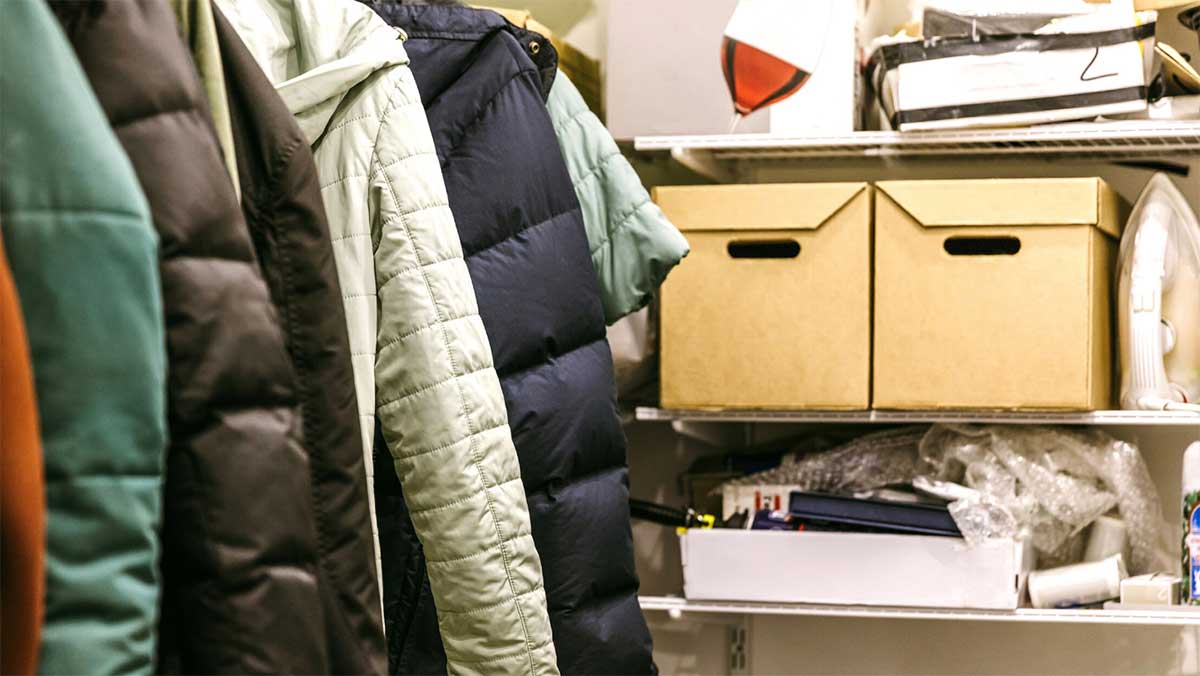During the next few weeks, you’re likely going to be spending more time at home. While this can be a relaxing experience for some, for others, being cooped up with all our clutter can be a source of stress. Research indicates that older adults experience more frustration with clutter, which can lead to a general dissatisfaction with life and increased levels of cortisol, which causes stress.
Unlike so much of the stressful news that has been making headlines lately, your clutter is something you can control! In fact, decluttering can be a great way to reduce stress, entertain children, and give you a sense of empowerment while stuck inside.
Decluttering your house might seem like an overwhelming task. By breaking the task down into small, achievable steps, your home will be decluttered in no time.
However, the idea of decluttering can seem daunting. Use these tips to make decluttering a productive use of your time while socially isolating:
Recruit helpers.
If you have kids, give them a job in the decluttering process. If you have a spouse, involve them in the process as well.
Start small.
Instead of deciding to clean out the entire garage or redo your whole basement, pick a shelf or drawer that can be decluttered much more easily. This will quickly give you and your helpers a sense of accomplishment.
Take before and after photos.
Taking pictures of your workspace before and after can give a sense of accomplishment to your decluttering task and provide a visual representation for all your hard work.
Take everything out of the area.
If you are working in a drawer, empty the drawer out entirely. If you are working on a shelf, take everything off the shelf. This allows you to get a complete sense of what is actually in the area before trying to remove the unnecessary items.
Make three piles: Keep, donate, or trash.
Use old boxes or tall bags handy for donations and large trash bags for the trash.
Question whether you actually want to keep the item.
Use the Marie Kondo question of “Does this spark joy?” or use questions such as, “When did I last use this? Does this have any sentimental value?” If you are truly stuck, make a “maybe” box and set a reminder to examine the box in two months. Chances are, you will not have missed anything in the box and can donate or trash it without stress.
Clearly label the donation items.
This will help you remember exactly where to take them when life returns to normal.
Limit the time you send decluttering.
Don’t spend more than four hours decluttering per day. When just getting started, feel free to spend as little as five to ten minutes decluttering the first day to get into the habit.
Reward yourself.
After a session of decluttering, reward yourself (and your helpers – especially children!) by doing something fun and relaxing.
Decluttering your house might seem like an overwhelming task. By breaking the task down into small, achievable steps, your home will be decluttered in no time. As an added bonus, accomplishing a big task is very satisfying and can actually reduce stress. Start decluttering today!




